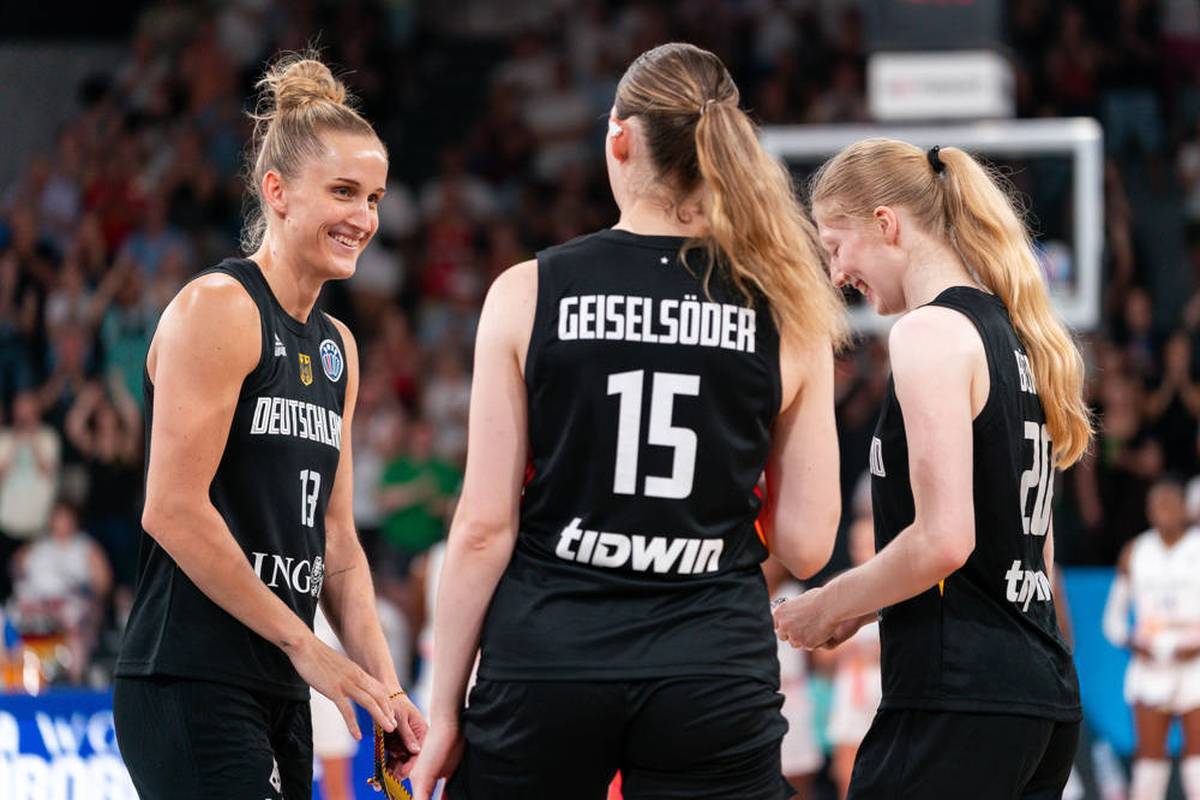
Victoria Carl tested positive for the prohibited substance Clenbuterol – a German Armed Forces doctor is said to be to blame. The cross-country skier explains herself emotionally.
Cross-country skiing Olympic champion Victoria Carl has tested positive for the substance Clenbuterol in a doping control. The 29-year-old is now at the center of a procedure by the national anti-doping agency NADA, and she faces the prospect of missing the 2026 Olympic Games in Milan and Cortina.
The German Ski Association (DSV) made the process, which had been simmering internally for weeks, public on Wednesday and backed Carl. A few hours later, the association also published a video in which the overall World Cup runner-up – visibly emotionally affected – explained her view of things in detail.
Doping Affair Victoria Carl: Cough Medicine as Trigger
The substance was contained in a cough syrup that Carl had been prescribed during her last competition of the season, the DSV wrote.
“I was sick, had severe coughing fits and took the medication on medical advice. I disclosed everything – I was not aware that a prohibited substance was contained,” the Thuringian is quoted as saying in the original statement: “I very much hope that the circumstances are understood and fairly assessed.”
As the DSV announced, Carl was medically prescribed and administered the cough syrup “on March 26 after her last race at the CISM Winter Military World Games by a medical officer of the German Armed Forces.” “From the association’s point of view, everything speaks against an intention to deceive,” the DSV wrote. However, negligent ingestion can also result in a ban.
“Victoria Carl is currently confronted with possible consequences for which she is not medically responsible. A ban, especially with a view to the Olympic Games, would be neither fair nor proportionate in our view,” said Stefan Schwarzbach, Head of Communications at DSV: “We stand for clean sport – but also for fairness and responsibility.”
Clenbuterol Banned by WADA
In the late afternoon, the DSV published an interview on Instagram in which Carl further explained herself.
“After the two competitions, I had very, very severe competition cough, could hardly sleep, woke up at night and sought help from our medical officer,” explained the noticeably agitated athlete. It concerns the drug Spasmo-Mucosolvan, which contains Clenbuterol – which is explicitly noted on the public list of the World Anti-Doping Agency WADA.
The substance is prohibited in sports because it has an anabolic effect and has a performance-enhancing effect by accelerating body fat burning.
“Completely” Rely on the Doctor
Carl insists that she acted innocently: She repeatedly had “very, very severe” cough problems after competitions: “And with the number of competitions I did in the winter, it was just too much. I couldn’t sleep anymore, was exhausted and was just happy that a doctor wanted to help me.”
She assumed that the troop medics “act just as professionally as the DSV, that I then get medication that I am allowed to take.” She was “definitely not aware” that she was doing something forbidden, she relied “completely” on the acting doctor.
The current situation is hard for her, despite great encouragement “from my family and from DSV, who are trying everything humanly possible to take the burden off me. Nevertheless, I am doing very, very badly. It takes an extreme amount of energy, only in training itself, when I move and am out in nature, can I switch off for a bit and not think about what is still to come.”
“I Bear the Consequences Completely”
In the video, the interviewer also casually explains that the treating doctor has admitted his “personal mistake” – whether that will help Carl is uncertain: “I bear the consequences completely, I hope that the NADA and WADA take this into account in their ongoing proceedings.”
Carl must still reckon with the scenario that the affair will cost her participation in the Olympics. She can only hope “that it will be taken into account that all my other negative tests and that I am a completely transparent athlete.”
The Carl case – who sensationally won Olympic gold in the team sprint in Beijing in 2022 – evokes memories of the doping affair of Evi Sachenbacher-Stehle, which shook German winter sports in 2014: The two-time cross-country Olympic champion and later biathlete tested positive for the substance methylhexanamine at the Winter Games in Sochi.
Sachenbacher-Stehle explained the finding with the ingestion of a dietary supplement that a private nutritional advisor had recommended to her. She was originally banned for two years, after an appeal to the Court of Arbitration for Sport CAS for six months and then ended her career, also out of frustration, that she was “not always treated well humanly.”